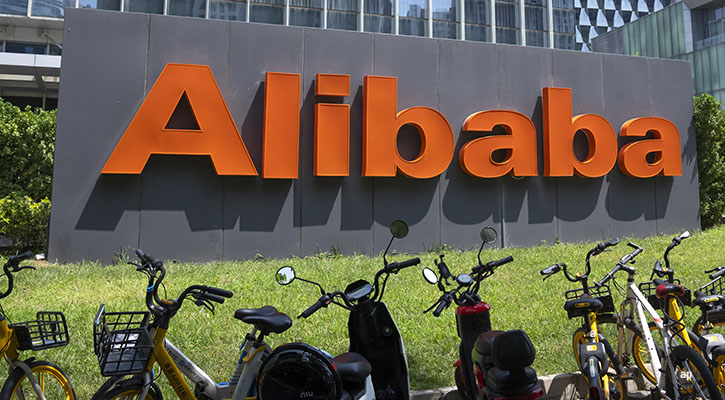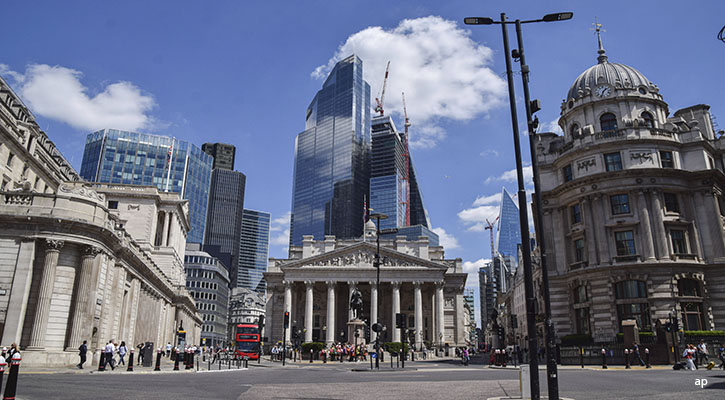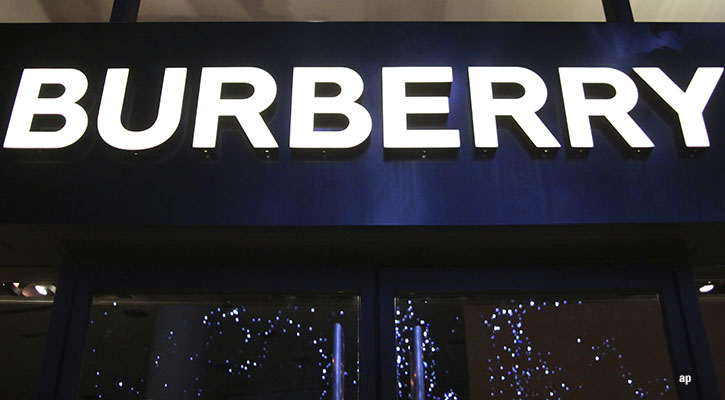Sometimes investors’ memories are very long and sometimes they are very short. The failed bid for waste disposal group Shanks falls into the latter category.
Briefly, private equity firm Carlyle popped up with a proposed takeover offer of 135p in December, propelling the shares up from 90p to between 130p and 135p. Shanks management reckoned the company was worth 150p a share but it was finally persuaded to allow Carlyle to conduct due diligence.
This week Carlyle slashed its proposed price to 120p, prompting much wailing and gnashing of teeth. Private equity groups, like hedge funds, are always an easy target and voices in the City are asking: ‘Who will trust a private equity group again?’
The answer is probably the next company that is approached with a tempting offer. We have been through this before. Remember when private equity group Apax agreed a bid price with retailer Woolworth only to walk away after conducting due diligence? Similar anguish was in evidence then. No-one would ever trust Apax or private equity groups again.
Yet here we are with Apax and its reputation intact while Woolworth has gone to the wall.
Now it is clear that Shanks is nothing like the basket case that Woolworth was and it is definitely not going bust. However, it has issued a profit warning since Carlyle made its approach, blaming exceptionally adverse weather conditions plus difficult trading conditions in Europe. The shares had already slid to 120p before Carlyle dropped its bombshell.
The problem with bids that depend on due diligence is that something may turn up. Because everything is done in strictest confidence, the erstwhile bidder is not at liberty to say what it has found in the books. It may be something comparatively minor. Carlyle has offered a lower price for Shanks while Apax walked away from Woolworth, which suggests that any problem at Shanks is less serious. Nonetheless, markets tend to fear the worst, which is why the Shanks share price fell so heavily.
On the other hand, the dangers of bidding without checking the books fully was amply demonstrated by the Lloyds bid for HBOS, where an awful lot came out of the woodwork after the takeover was completed in haste.
Suddenly, after asking for 150p, Shanks was putting it about that it would have been perfectly happy to strike a deal at 135p. Too late. Carlyle was now interested in paying only 120p.
It does admittedly leave an unpleasant taste when a bidder gets cold feet in these circumstances. Investors are left wondering what precisely Carlyle found to prompt a change of heart. On the positive side, Carlyle did not walk away altogether and its proposed offer was still 30% higher than the prevailing share price before it expressed an interest.
Other potential bidders have been mooted but none has appeared yet. Recent events will not encourage them to get into a bidding war and Shanks will be reluctant to open its books to anyone else.
Shanks shareholders are warned. Any price above 100p is an opportunity for long standing shareholders to consider taking a profit.
Making a killing
I was so busy preparing for one of Joy Swift’s delightful and dastardly murder weekends that I failed to notice two important anniversaries last week: the bottom of the UK stock market and the start of quantitative easing.
It is no coincidence that the two events came together. Whatever the criticisms of the quantitative easing programme, it was the final straw that broke the back of the bear phase ending with the FTSE 100 index at 3,512 points on 3rd March 2009. Since then the index has risen to near 5,600 points in the space of 12 months, a gain of almost 60%.
Economists will argue for years over whether quantitative easing did the economy any good, although the steadying of nerves was an achievement in itself. Since the money nearly all went to buying gilts rather than funding the growth of business there has probably been little direct effect on output.
What the programme did do was to keep down the cost of government borrowing, and therefore other borrowing rates, at a time when the banking industry had seized up and government borrowing was starting to soar. The big beneficiaries were gilt traders who bought gilts and sold them immediately to the Bank of England at a profit. No doubt this trading is one of the reasons why banks have managed to start rebuilding their profits.
There is another reason to feel more confident about banks. We are seeing more corporate activity, and chunky activity at that. The massive rights issue by Prudential will generate hefty underwriting fees.
Sooner or later the banks always bounce back. There are more killings to be made than you get at a murder mystery weekend.























